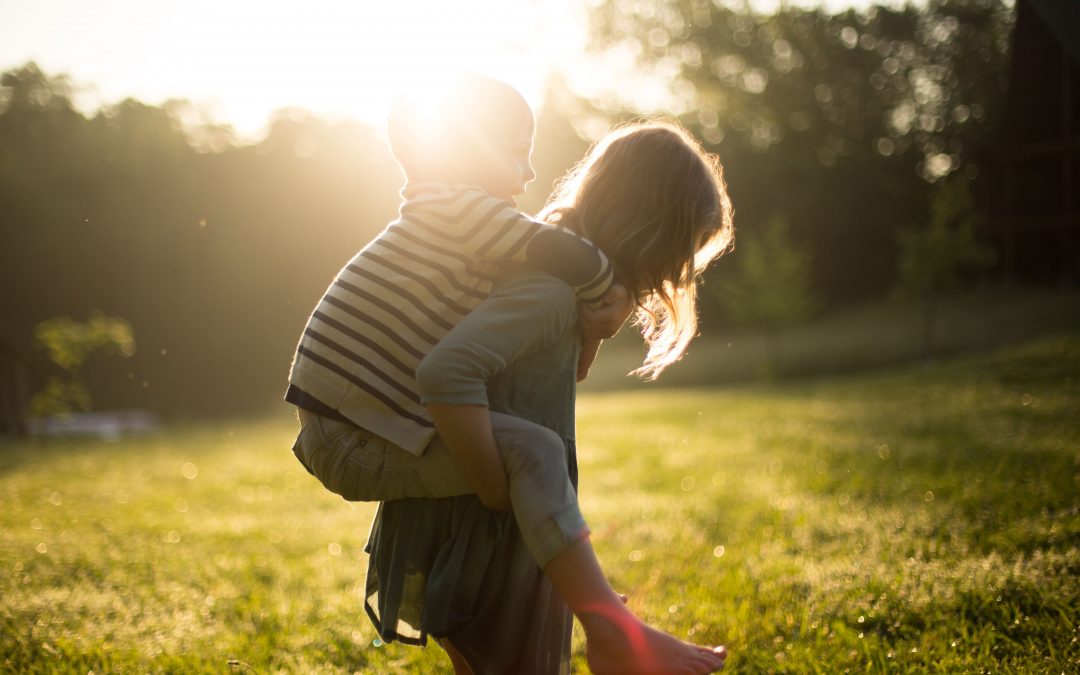Child Therapy – That’s Child’s Play
Remember, Play Therapy is not simply play. It needs a trained therapist who can create a safe and secure environment and promote beneficial, therapeutic interactions.
We all know children like to play, but many people are not aware of how important and meaningful play is. Psychologists often use Play Therapy as a safe, non-threatening way to help children cope with their emotions, engage in positive social interactions or recover from traumatic experiences.
“You can discover more about a person in an hour of play than in a year of conversation.”
Plato (429-347 B.C.)
So what happens?
A trained therapist works with the child, and simply put, they play together. Toys are used to help the child express their emotions. In this safe enironment the child is supported to develop healthier behaviours.
What type of play is used?
Different toys are used including dolls and a dolls’ house, puppets, stuffed toys, dress-up clothes and props, art supplies, blocks or sports equipment.
At first the play will be open-ended. The child is allowed to play in any way that does not cause harm to people or things.
Later, the therapist will direct the play and deal with specific issues, encouraging the child to join in certain activities or use selected toys.
So how does Play Therapy help children improve their behaviour and feel better?
In fact, Play Therapy helps children in many ways, including:
- Helping express emotions safely.
When children express their feelings, they start to understand and manage these feelings. - Encouraging creative thinking and new ideas.
Children start to understand what is happening in their lives and solve or make sense of their problems. Children can also pretend to be different characters, which will help them develop empathy. - Developing decision-making skills.
During Play Therapy, children can take control, make their own decisions and take responsibility for their actions. The therapist can deal with any inappropriate behaviour, set limits or consequences and help the child make the right choices. - Teaching new ways of thinking and behaving.
The therapist will help the child understand difficulties they may be experiencing or correct misunderstandings. Skills like deep breathing or relaxation exercises may be taught to help manage uncomfortable or difficult feelings. - Developing communication skills.
Children can express themselves with toys, allowing the therapist to understand the child’s needs and offer appropriate support. - Enabling healing after traumatic experiences.
Stressful or traumatic experiences can cause behavioural or emotional problems for children. Expressing these feelings helps with self-healing. Children find it easier to share using imaginative play or role-play.
If you know a child who is experiencing stress or trauma, needs help expressing emotions or demonstrates inappropriate behaviour, call us on 1300 208 680.
Photo by Jenn-Evelyn-Ann (Unsplash)

